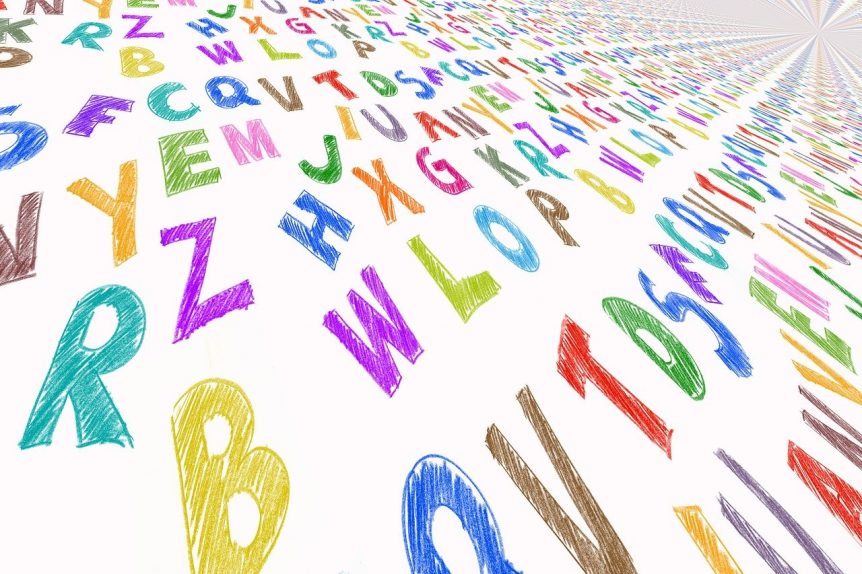 Note: A special thank you to Cathy Kirch for contributing this article and participating my my Master Class.
Note: A special thank you to Cathy Kirch for contributing this article and participating my my Master Class.
More than anything, I wanted to finish my book.
I tried to do all the “right things”: scheduling time to write, setting lofty word-count goals, devising intricate reward systems. Every night, I went to bed determined to spend the next day writing… and then I didn’t.
The longer I spent not writing, the more ashamed I felt. Internally, I was screaming at myself: Just sit down and write! Why are you so lazy? What is wrong with you?
I wish someone told me then what I know now: You’re not broken. You’re trying to force your brain into a box that wasn’t built for it.
Once I understood my ADHD brain, I began to unlock writing moves that made sense for me. I started writing again. Regularly. Consistently. And I began teaching these methods to other ADHD writers like me.
But even if you don’t identify as ADHD or neurodivergent, anyone can benefit from embracing the way their brain naturally works.
Think of the brain like a car engine.
Manual transmissions and automatic transmissions will both get you where you want to go—but if you try to drive a manual transmission the same way you drive an automatic, your engine is going to stall.
This is exactly what I was trying to do: slamming the gas in my stick-shift vehicle, yelling at myself to “sit down and write,” and wondering why I wasn’t getting anywhere. (And getting writing advice from neurotypical writers sometimes felt like getting driving advice from someone who’s never driven stick.)
Instead of using someone else’s “owner’s manual” to run our engines, let’s aim to work with our brains.
Here are three things to keep in mind as you build a writing practice that embraces the way your brain naturally works:
1. Try new things—even if they seem silly
It may take some trial and error to figure out what works for you. Don’t be afraid to try something new, even if it seems a little “out there”—after all, it’s not silly if it works!
I teach lots of new, somewhat unconventional approaches to the writers in the ADHD Writers Guild. Whether it’s drafting nonlinearly, brainstorming in a spreadsheet, or outlining backwards, writers are often surprised at what ends up working.
It may even feel like “breaking the rules.” I can’t tell you how many times I’ve offered a strategy to a writer and they respond with, “Wait… you’re allowed to do that??”
When we embrace our brains, we get to rewrite the rulebook.
2. Know that the novelty will wear off (and that’s okay)
Have you ever stumbled on a new tool (strategy, method, life hack) you get so excited about, you’re convinced it will change your life, and it does… for about three weeks—and then all of a sudden the magic is gone?
Especially for ADHDers, our brains crave novelty. That means sometimes what works for a while will eventually (and naturally) fizzle out.
Embracing our brain means we don’t have to keep forcing ourselves to stick to something that no longer works—and we can also release any pressure we might feel to develop some “perfect” system. Instead, we can give ourselves permission to pull a different tool from the toolbox and allow our process to evolve with us.
3. Find a writing community who “gets” you
Writing can feel solitary—but it doesn’t have to be.
Writer communities can be amazing resources for sharing ideas and strategies, exchanging feedback, and offering support and solidarity throughout the writing process.
I speak from experience: finding a community of writers who “get it” can be life-changing. It’s part of why I started the Writers with ADHD Facebook group and why I launched the ADHD Writers Guild. Surrounding myself with other neurodivergent writers not only enables me to learn from other “spicy brains,” but it also helps remind me I’m not alone.
I hope to leave you with the same message: If you’ve ever struggled to get writing done, even when it seemed like you tried everything, know you’re not alone. You’re not lazy. And you’re not broken.
Your brain is your brain—and I can’t wait to see what you create with it!
Cathy Kirch teaches writing at Columbia University and in the ADHD Writers Guild. She specializes in helping ADHD and neurodivergent writers understand how to work with their brains so they can start (and finish) the projects that mean the most to them.
To listen to Cathy’s excellent Master Class on this topic, follow this link.

